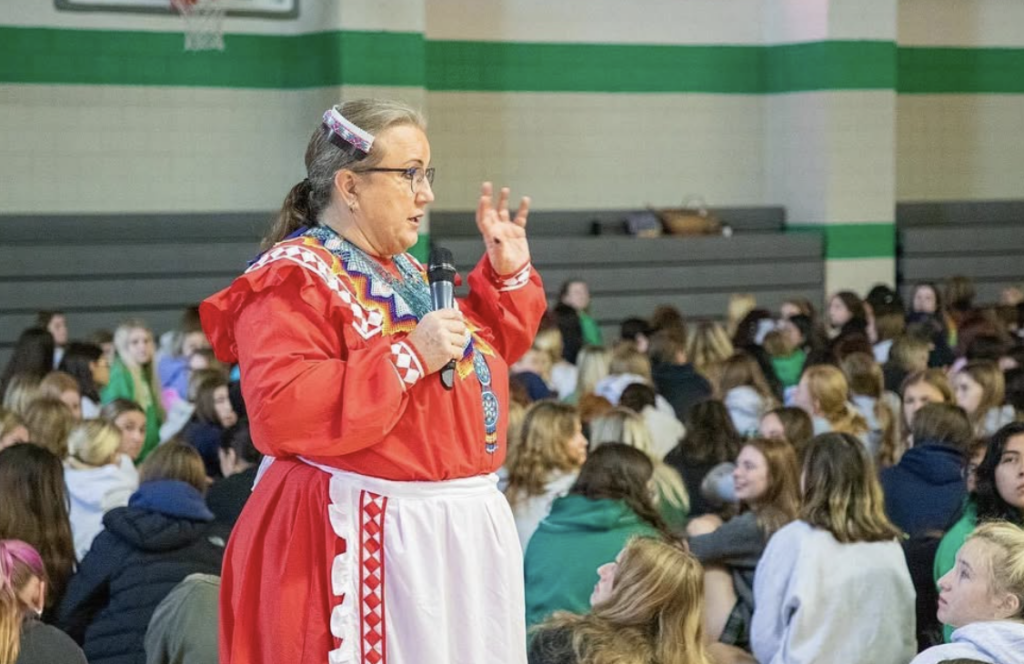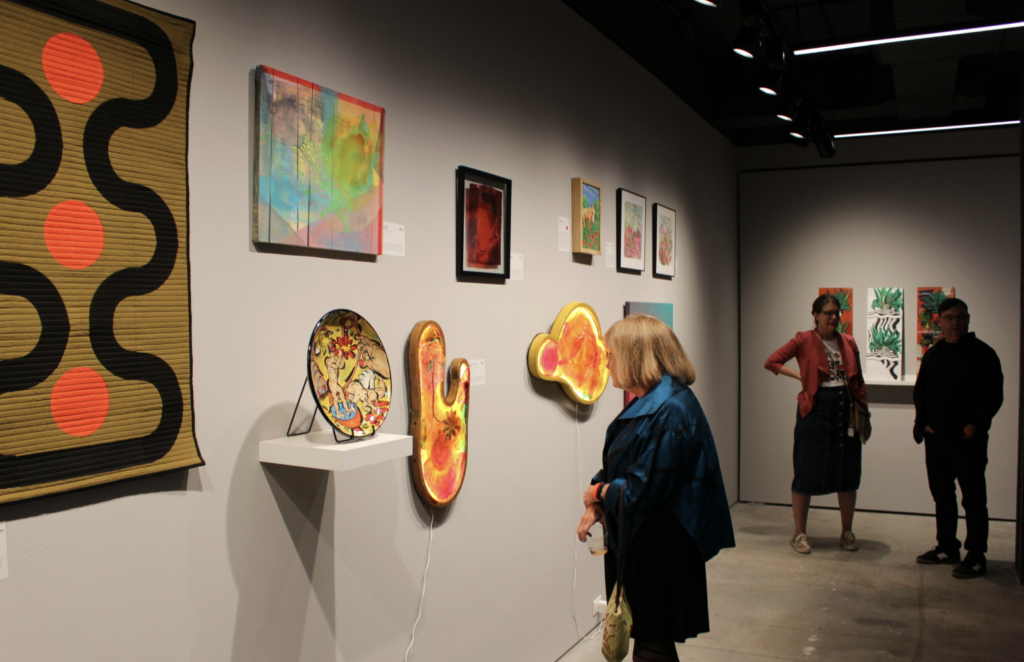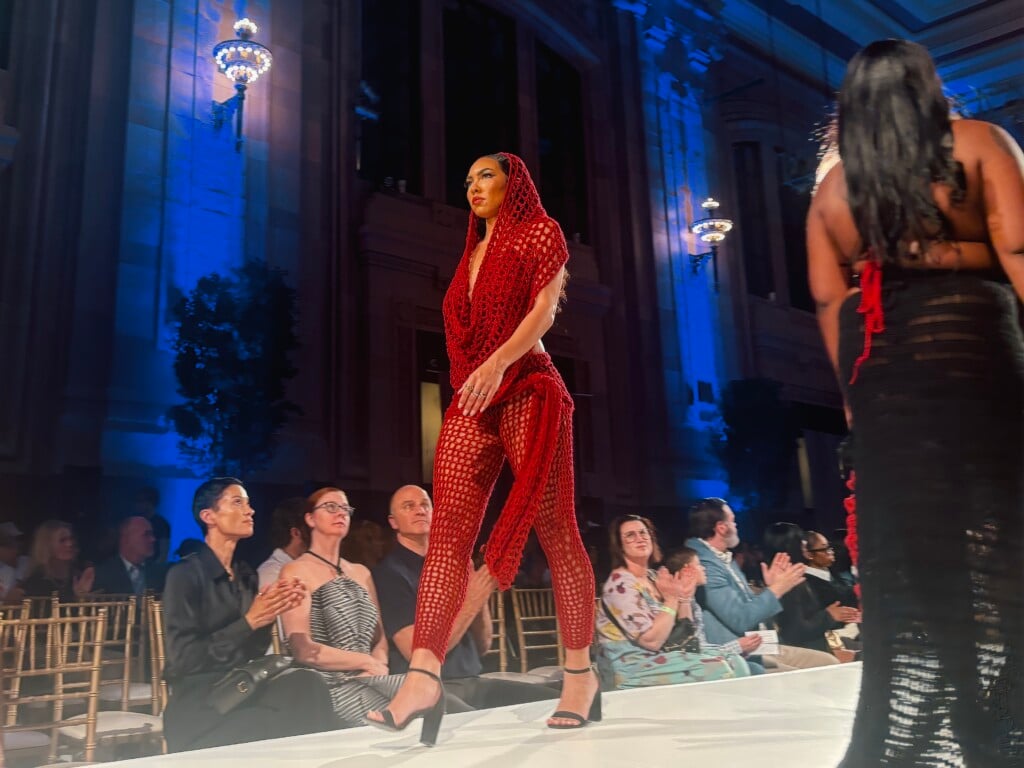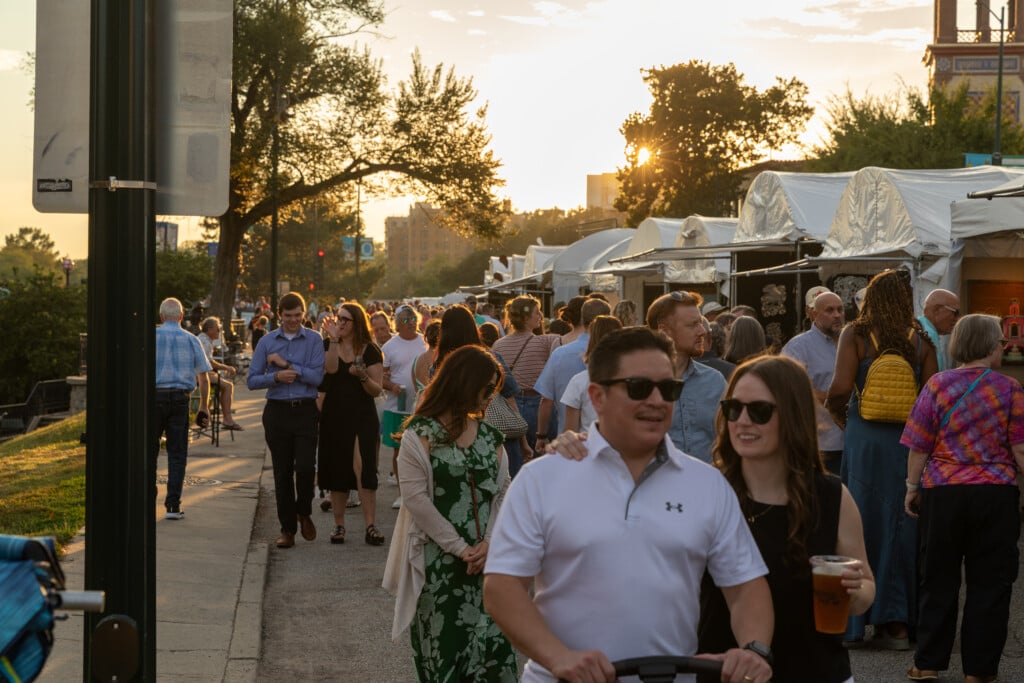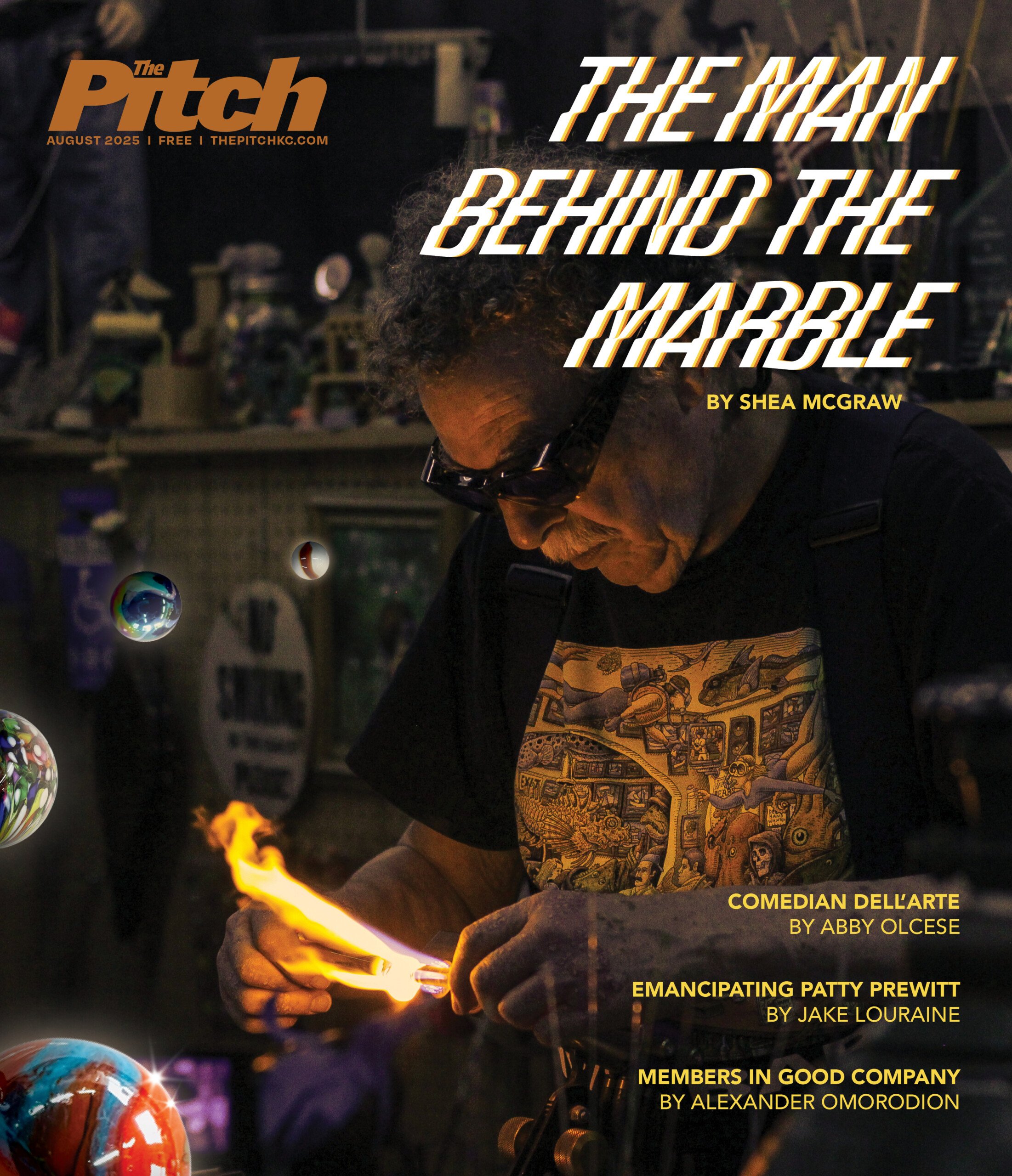Suzanne Jones on Indigenous narratives ahead of storytelling event at the Mid-Continental Public Library
Suzanne Jones is exhibiting her Native American storytelling geared towards adults this weekend at the Mid-Continent Public Library, Saturday November 1 from 11am-12pm and 2-3pm and Sunday November 2, 2-3pm.
Jones holds a tribal card of the Choctaw Nation in Oklahoma, as well as being a descendant of the Cherokee and Delaware Nations/Tribes. She teaches high school science in the Fergusson Florissant School District. She received a Bachelor of Science in Zoology, a master’s in Biology, and teaching verification from Arkansas State University.
In an interview with her, she tells of her ancestral journey and touches on what storytelling means to her and to those who receive her stories.
The Pitch: When did storytelling become a passion and something you wanted to share with other people?
Jones: I probably didn’t start storytelling until the early 2000s. It was never on my radar to do it.
What sparked that?
I was working at a place called the St. Louis Children’s Aquarium, and my boss wanted me to start doing storytelling. I said, ‘I’m a biologist, I’m a teacher, I’m not a storyteller.’ And he said ‘well, we want you to become one’ so he gave me a book that had Native American stories in it. I started looking at those stories that would connect to the aquarium and about when I was doing that I was also involved with the American Indian Center in St. Louis and they said ‘well if you’re storytelling for them, you gotta storytell for us too,’ so I got a little more serious then.
Did you find that your degrees and studies in Zoology and Biology meshed well with Native American storytelling?
Yes I do because a lot of them are talking about the animals and how everything is connected so there’s a lot of interlink especially when talking about environmental factors. I blend in a little of my science knowledge with the story. A lot of the stories I tell are more environmental. Sometimes I get into spooky stories, but a lot of them deal with animals and talk about cycles. I can see it from the biology and science standpoint as well as story standpoint.
Is there a story in particular you find yourself enjoying telling the most?
I like the more traditional stories, like ‘Rabbit Got His Tail’ or ‘How Rabbit and Bear Became Friends.’ I try to get a bit of a hook into the audience and see ‘that’s not going to go well.’ I’ve got one story about Nanih Waiya, which is about the mother mound where the Choctaws, Cherokees, and all that came out of the earth, and like, this is not going to bring kids’ attention usually. I like things that are kind of humorous or kind of adventuresome. I’ve been telling stories from everything from Preschool up to Senior Citizen homes.
What kind of response do you get from the audience when a story does hit?
Well, a lot of times I’ll get laughs, and later on, after I finish, I tell them I’ll be around afterwards, and they’ll talk to me and tell me how they feel, and sometimes they’ll share a story with me as well. Sometimes I spend longer at the after-story talking to people because some of them are people who are lost on their way, they say they’re part Native American but they’re not sure where to go, some just like that connection.
That’s very empowering. Do you feel you’re able to give some guidance in those moments?
Yes, I do, I suppose. Especially with people who are not sure where they should go I’ll give them resources where they can learn more about it. It’s okay to not be able to prove [tribal citizenship]—there are some people who have to have a card to say that you’re a Native. Not everybody has a card because not everybody [every tribe] gives them. If they’re actually trying to prove their descendence, I try to give them a path and give them my card if they need some help, I’ll do what I can.
Did you always know the tribes and nations you were descended from?
My grandparents were of the generation where it was bad to be Native. They moved out of Oklahoma to become “white” because there was a lot of racism. It wasn’t probably until high school or college that my grandmother said I was Choctaw, Cherokee, Delaware, and the like.
How did you receive that news?
Well, I was surprised and I wanted to know more. The thing is, they separated themselves so far from it that now I want to go digging and find out more. There’s a big gap in the family. So I’m not sure of other grandparents and relatives of that side so it made me decide that I was gonna go find out and I started researching where I could find the people of the Cherokee, Choctaw, Delaware tribe to learn more.
Did your grandparents ever talk at all about their ancestry when you knew them?
Very little. A lot of what I got was actually from my great-great-Aunt. She would send me letters of part of the genealogy that she had done. That’s basically where I started. They didn’t talk about it. But if you ever saw a picture of my grandfather, you would know that he is Indian. My grandmother, no, she looked white.
In the preface for the storytelling event at the Mid-Continental Library this weekend, it says, “In Native American cultures, stories are often told to educate children or entertain people.” What approach do you use when storytelling to adults? I noticed the event is for adults specifically.
A lot of times in that, I will actually go and talk about my story — how I got to that point — and blend in stories that I learned along the way. But I also tend to add that if people want to know more, like what has gone on and what is going on with Native American tribes. Because right now we’re hearing a lot about the boarding schools issue and missing and murdered indigenous women and different things that are going on with the land treaties. I try to read the room and see where we want to go. Sometimes it goes off in weird directions. One time I was hired for a middle school and they wanted me to do storytelling. And then the kids started asking me more specific questions and I just stopped it and I said, “what’s going on here?” All the eighth graders were assigned to a project on a Native American tribe. And I turned it into a Q and A and said, Okay, what are your questions? Some of the questions were really shocking to me. They asked if I lived in a teepee. You see the pictures and the movies and people can think that life is still happening that way, but it’s not.
Was it surprising to be asked such specific questions from a young age group?
I guess because I’ve talked to so many people I guess it was. But, you have to understand that when I was in elementary school I was told there were no Native Americans left. I was told that by my teachers. You have it where so many people don’t go outside their little bubble of life and they do think they’ll see a Native American in buckskin, long hair waving in the wind on a horse. You also have the thing where that is the image most people have for Native Americans, and not all Native Americans look that way.
Are you often met with those stereotypes when you encounter people you say are Native American?
Yes. I had it one time where I went to a powwow, got there, got regalia, and even the owner of it wanted to talk to me and he didn’t believe I was Native, because of the way I look. I told him I am, I’m a card-carrying member of the Choctaw Nation of Oklahoma, I showed him my card. He came back to me later and said I wasn’t real because I never lived on a reservation. My nation doesn’t have a reservation. Sometimes I’ll get racism on either side.
You teach high school as well. What’s your favorite part about being a high school science teacher?
Well number one I love education. Science shows how things happen and why things happen, and being able to impart that to kids is one of the greatest things. The problem is sometimes they resist gaining knowledge until the parents show up. (laughs)
What is the biggest thing you’ve learned through being a storyteller?
Being able to tell the stories I see, a range of people enjoy it and learning something from it. It allows the sharing of heritage. Like I said, it’s the thing of where I tell my story and they might stop me for a minute and tell me their story on something. The thing about stories is that there are a lot of different stories around the world that are dealing with the same kinds of subjects, and everything is not one way or the other. Enjoy the stories and enjoy the time.

